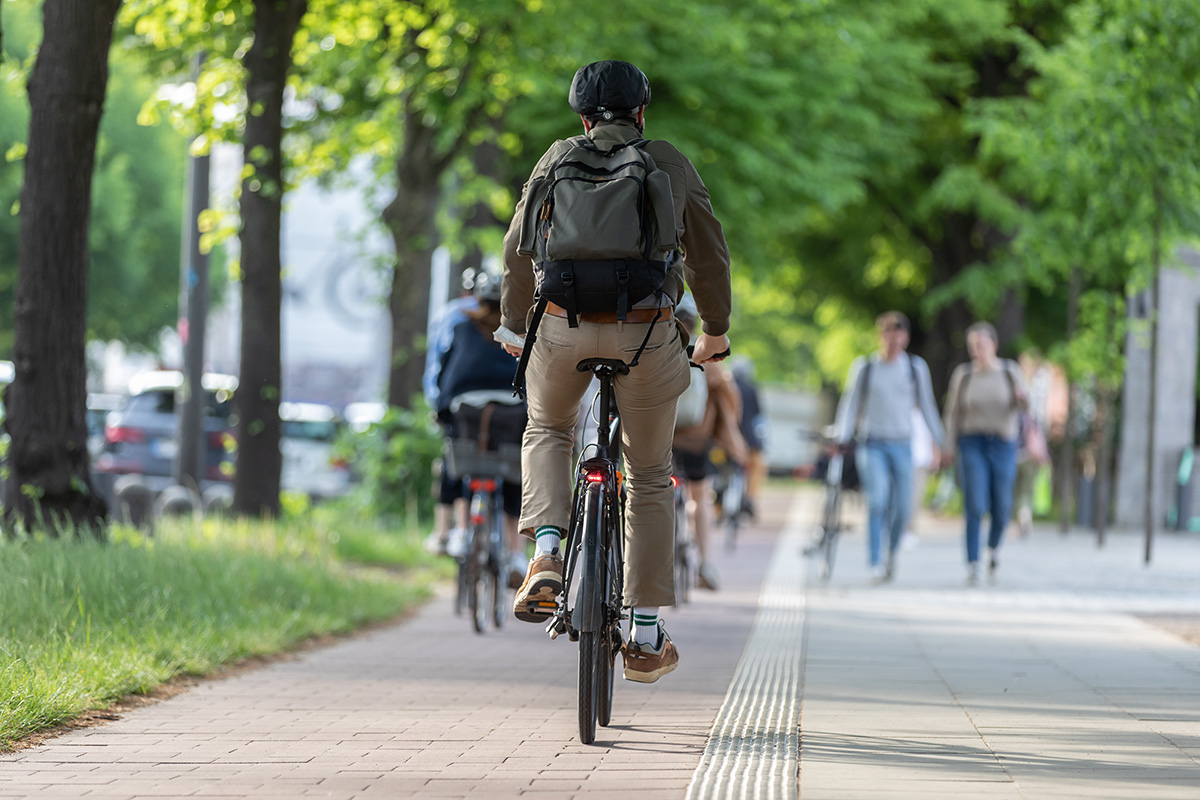Car parking spaces, public transport stops and mobility hubs, waste and reuse collection containers, package exchange stations, additional services of decentralised public offices are reshaped in the use-cases (embedding the 15mC goals) of an horizontal process (involving experts, citizens, private companies, researchers, NGOs and city authorities). Covering from visualisation to evaluation, funding and execution, this process is codified for transferability.
Basic and advanced (public and private) services are co-designed in Living Labs and localised in critical areas by a participatory process embedding a proven open-access visualisation tool of the built and non-built environment, multiplied by a marketplace of innovative solutions and a crowdfunding platform.
Citizens’ proposals can be budgeted. The cities select what actually to implement, keeping into account this ”participatory urbanism” and all other constraints (zero emission and other goals, laws, stakeholder interests, ownership rights, etc.). Cities can co-finance the investment, look for private investors, draw on crowdfunding campaigns and use part of the Call funds. In other terms, we are setting up a replicable movement of constant improvements of the urban landscape by fostering the multiplicative involvement of all actors.
How do we do it?
The project builds upon existing tools and experiences, hinges upon a process of real participation and co-design in a network of Living Labs, with city authorities and other stakeholders already onboard. It aims to have the imagined solutions to be up and running by the end of the project in the logics of pilots.
Project takes an innovation-oriented approach and will help communities to live in more healthy, reachable and greener communities, by advancing at multiple local scale the development, implementation, demonstration, testing, evaluation, and uptake of new localised products and services.
Funding and partners
This project is funded by Business Finland as part of the Driving Urban Transitions Partnership (DUT), a programme co-funded by the European Union that aims to accelerate the transition to more sustainable, resilient and inclusive cities in Europe. It brings together researchers from HEG-VS, ZHAW, Tampere University of Applied Sciences (Finland) and Coventry University (UK), as well as public authorities in Switzerland (City of Winterthur, Canton of Geneva), Italy, Belgium, Spain, Finland and Turkey.


